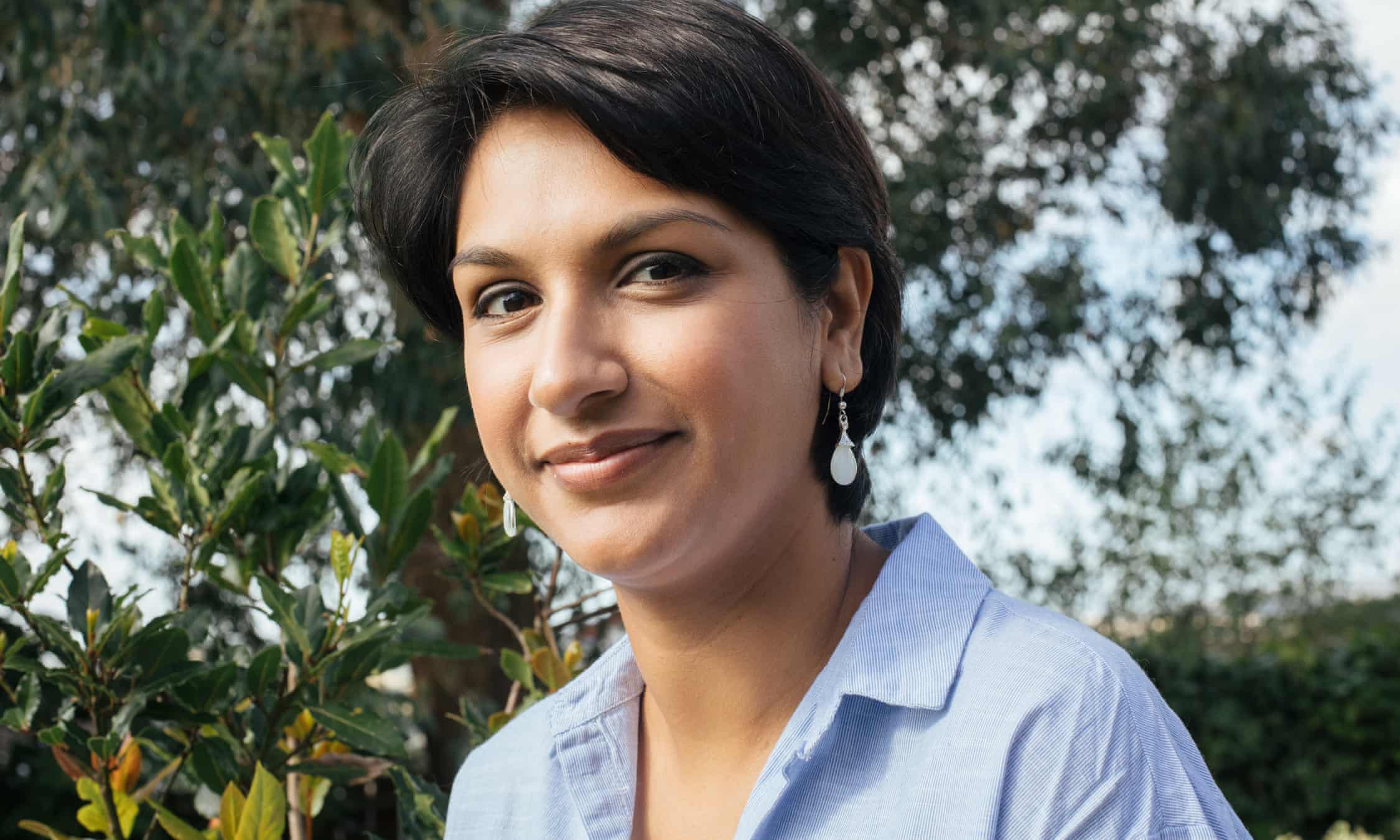by DONNA FERGUSON
 “Angela Saini hopes her book will empower young women.” PHOTO/Gareth Phillips/Observer
“Angela Saini hopes her book will empower young women.” PHOTO/Gareth Phillips/Observer
With Inferior, Angela Saini counters long-held beliefs that biology stands in the way of parity between the sexes. Now her message is set to reach thousands of schools
When young men and women come up against sexist stereotypes masquerading as science, Angela Saini wants them to be armed with the facts. “I call my book ammunition,” she says of her 288-page prize-winning work Inferior: The True Power of Women and the Science that Shows It. “There are people out there who insist that somehow the inequalities we see in society are not just because of historic discrimination, but also because of biology – the idea that there are factors within us that will cause men or women to be better at some things than others.”
She wrote Inferior to demonstrate that “actually, science doesn’t support that point of view. I think it’s important we understand these scientific facts. We need that ammunition to counter the weird mistruths that are circulating within and outside science about sex difference”.
To female scientists fed up with being treated as though their brains are the odd exceptions among their sex, Inferior is more than just a book. It’s a battle cry – and right now, it is having a galvanising effect on its core fanbase. On 31 July a crowdfunding campaign to send a copy of Inferior to every mixed secondary school in England with more than 1,000 pupils was launched by Dr Jessica Wade, a British physicist who writes 270 Wikipedia pages a year to raise the profile of female scientists. Within two days the campaign had raised £2,000. Yesterday it reached its original £15,000 target and was powering its way towards £20,000 – a figure which would allow the book to be sent to every state school in the country.
“There’s nothing you want more than for people to be inspired by your work,” says Saini, 37, a multiple award-winning science journalist, who first became intrigued by sex difference research when she wrote about the menopause for the Observer. “What Jess is doing means such a lot to me. I hope if my book can empower her, it can empower other young women, and men, too.”
The key message she hopes her readers will take away is that nothing in science suggests equality is not possible. “We are not as different as the inequalities in our society makes us believe we are. Even now, there are people saying we shouldn’t be pushing for gender equality because we’re never going to see it for biological reasons.” For example, many people think there are large psychological differences in spatial awareness, mathematical reasoning or verbal skills between men and women. “Actually, those differences are tiny, a fraction of a standard deviation,” says Saini. “Psychologically, the differences between the sexes are not enough to account for the inequalities we see in our society today.”
The Guardian for more